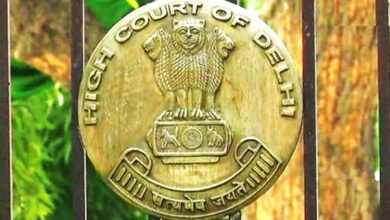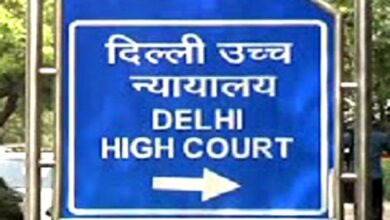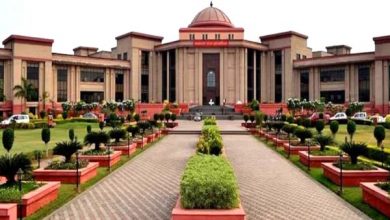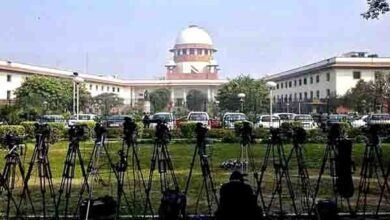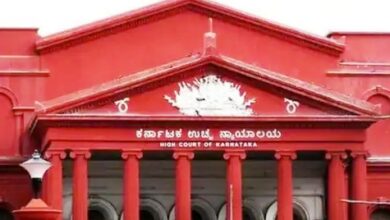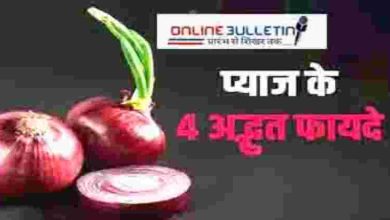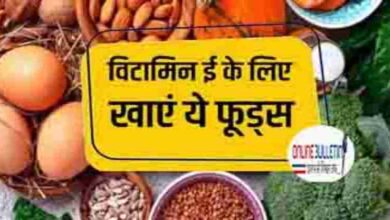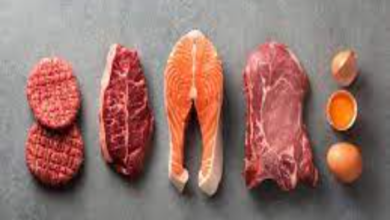क्यों वेतनभोगी दुधारू गाय कर के लिए बार-बार दूध दुही जाती है ? kyon vetanabhogee dudhaaroo gaay kar ke lie baar-baar doodh duhee jaatee hai ?
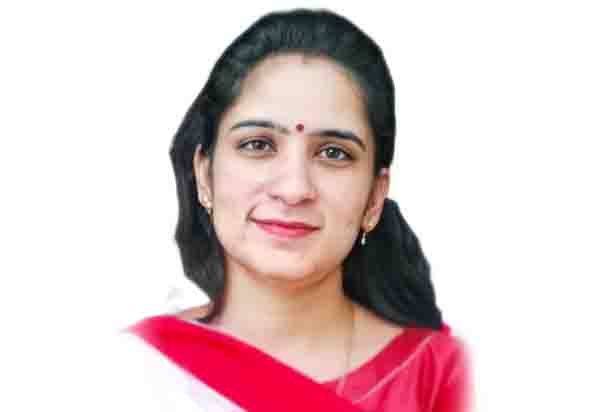
©प्रियंका सौरभ
परिचय– हिसार, हरियाणा.
(आखिर एक तनख्वाह से, कितनी बार टेक्स दें और क्यों ? आयकर दाताओं को स्वच्छ पानी, सांस लेने योग्य हवा, निजी सुरक्षा और अब तेजी से टोल के रूप में सड़क उपयोग के लिए भुगतान करने के लिए मजबूर किया जाता है। देश के सांसद विशेषाधिकारों का आनंद लेते हैं जो कोई कर दान नहीं करता है; वे अपना वेतन खुद तय करते हैं, और उनकी आय पर कर स्रोत पर नहीं काटा जाता है।)
वेतन पाने वाले आय का उच्चतम प्रतिशत करों में देते हैं, बदले में कम मिलता है और उनके कर का रुपया वोटों के लिए उपयोग किया जाता है। भारत में सामाजिक समानता का मतलब है कि मुंबई में हर महीने 6,000 रुपये कमाने वाले एक क्लर्क को आयकर का भुगतान करना होगा, लेकिन पंजाब के गुरदासपुर में एक स्ट्रॉबेरी किसान को जिसकी हर महीने 1.5 लाख रुपये की कमाई है, उसे कर-मुक्त स्थिति का आनंद लेना चाहिए।
देश भर में क्लर्क अभी भी आयकर का भुगतान करते हैं और अमीर नहीं। आप आय पर कितना कर देते हैं, यह इस बात पर निर्भर करता है कि आप कितना कमाते हैं और कितना आप छिपा सकते हैं – या आय को गैर-कर योग्य के रूप में दिखा सकते हैं। वेतन पाने वाला वर्ग सबसे अधिक वंचित वर्ग है क्योंकि उनके पास वेतन पहुंचने से पहले ही 100% आयकर ले लिया जाता है। इन्हें कुछ कर-मुक्त खर्चों की भी अनुमति नहीं है जो गैर-वेतन कमाने वालों की अनुमति है।
इन ‘फाइलर्स-लेकिन-नॉट-पेयर्स’ का एक बड़ा वर्ग गैर-वेतन आय अर्जित करने वाला है। वास्तव में, जनसंख्या के प्रतिशत के रूप में, आय करदाताओं की संख्या में गिरावट आई है, जो अन्य बातों के अलावा, वेतनभोगी वर्ग पर और भी अधिक बोझ है। भारत की तुलना में अधिक आयकर दरों वाले देश हैं लेकिन उन देशों में करदाताओं के पास उन सेवाओं तक पहुंच है जो या तो कभी अस्तित्व में नहीं हैं या भारत में मौजूद नहीं हैं।
सार्वजनिक शिक्षा, स्कूल से कॉलेज तक और सार्वजनिक स्वास्थ्य सेवा शहरी मध्यम वर्ग के जीवन से गायब हो गई है। भारत में शिक्षा और स्वास्थ्य पर निजी खर्च दुनिया में सबसे ज्यादा है। यह उस देश में है जहां सबसे अमीर 10% आबादी अमेरिका के सबसे गरीब 10% से भी गरीब है।
एक तनख्वाह से कितनी बार टेक्स दें और क्यों ? तीस दिन के काम के बदले तनख्वाह पर टैक्स दिया। मोबाइल खरीदा, टैक्स दिया। रिचार्ज किया, डेटा लिया, बिजली ली, घर लिया, टीवी फ्रीज़ आदि लिये, कार ली, पेट्रोल लिया, सर्विस करवाई, रोड पर चला, टोल दिया, लाइसेंस बनाया, गलती की तो टैक्स दिया। रेस्तरां मे खाया, पार्किंग की, पानी लिया, राशन खरीदा, कपड़े खरीदे, जूते खरीदे, किताबें ली – टैक्स दिया।
टॉयलेट गया, दवाई ली, गैस ली, सैकड़ों और चीजें ली, टैक्स दिया। कहीं फ़ीस दी, कहीं बिल, कहीं ब्याज दिया, कहीं जुर्माने के नाम पर तो कहीं रिश्वत के नाम पर पैसा देने पड़े, इन सब के बाद गलती से सेविंग मे बचा तो फिर टैक्स दिया।
सारी उम्र काम करने के बाद कोई सोशल सेक्युरिटी नहीं, कोई पेंशन नही, कोई मेडिकल सुविधा नहीं, बच्चों के लिये अच्छे स्कूल नहीं, पब्लिक ट्रांस्पोर्ट नहीं, सड़कें खराब, स्ट्रीट लाईट खराब, हवा खराब, पानी खराब, फल-सब्जी जहरीली, हॉस्पिटल महंगे, हर साल महंगाई की मार, आकस्मिक खर्चे औरआपदाएं, उसके बाद भी हर जगह लाइनें।
सारा पैसा गया कहाँ? करप्शन में, इलेक्शन में, अमीरों की सब्सिड़ी में, माल्या जैसों के भागने में अमीरों के फर्जी दिवालिया होने में, स्विस बैंकों में, नेताओं के बंगले और कारों मे और हमें झण्डू बाम बनाने मे। अब किसे बोले कौन चोर है? आखिर कब तक हमारे देशवासी यूं ही घिसटती जिन्दगी जीते रहेंगे?
समय आ गया है कि किसी की भक्ति से बढ़ कर देश व देशवासियों के बारे मे सोचें। आखिर क्यों करदाताओं की भारत की आबादी का लगभग एक प्रतिशत हिस्सा है?
आयकर दाताओं को स्वच्छ पानी, सांस लेने योग्य हवा, निजी सुरक्षा और अब तेजी से टोल के रूप में सड़क उपयोग के लिए भुगतान करने के लिए मजबूर किया जाता है। वेतन पाने वालों में से अधिकांश निजी क्षेत्र में हैं और वे जो कर देते हैं, वह उन्हें पेंशन, बेरोजगारी सहायता या सेवानिवृत्ति के बाद की स्वास्थ्य सेवा का अधिकार नहीं देता है। उच्च आयकर दरों वाले देशों में भी भारत की तुलना में अप्रत्यक्ष करों की दर बहुत कम है।
उच्च आयकर दरों वाले अधिकांश देशों में कारों, स्मार्ट टीवी, स्मार्टफोन, लैपटॉप की कीमतें 20% से 80% कम हैं। भारत में एक मिड-लेवल कार के खरीदार को अपने कुल खर्च का 58% सरकार को देना पड़ता है। यदि वह किसी दुर्घटना का शिकार हो जाता है, तो सरकार उसके इलाज का खर्च वहन करने या नौकरी खोने पर आय सहायता प्रदान करने की संभावना नहीं रखती है।
एक दुधारू गाय, आयकरदाताओं, विशेष रूप से वेतनभोगी वर्ग से, बार-बार दूध दुहने का कारण यह है कि बहुत सारी अन्य टांग चलाने वाली गायें हैं जिन पर सरकार कर लगाने से इनकार करती है। किसान, यहां तक कि सबसे अमीर भी, कर मुक्त आय का आनंद लेते हैं; वकील, डॉक्टर और कोचिंग सेंटर सबसे अधिक लाभदायक और तेजी से बढ़ते व्यवसायों में से सेवा कर से मुक्त हैं।
फिर ऐसे सांसद हैं जो विशेषाधिकारों का आनंद लेते हैं जो कोई कर दान नहीं करता है; वे अपना वेतन खुद तय करते हैं, और उनकी आय पर कर स्रोत पर नहीं काटा जाता है। उनकी अधिकांश आय कर-मुक्त भत्तों के रूप में है। साथी के साथ एक वर्ष में 34 मुफ्त उड़ानें, मुफ्त असीमित प्रथम श्रेणी ट्रेन यात्रा, मुफ्त स्वास्थ्य सेवा, किराए से मुक्त घर, 20,000 रुपये मासिक पेंशन।
यदि सांसदों को यह सुनिश्चित करना है कि उनके भुगतानकर्ता, करदाताओं को वे बुनियादी सेवाएं मिल रही हैं, जिनके लिए वे कर का भुगतान कर रहे हैं, तो इसमें से किसी को भी परेशान होने की जरूरत नहीं है। लेकिन ऐसा कम ही होता है।
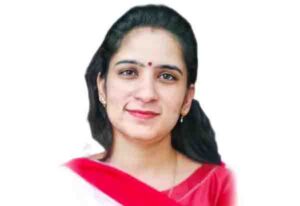
Priyanka Saurabh
Why is the salaried milch cow milked again and again for tax ?
(After all, from one paycheck, how often and why? Income tax payers are forced to pay for clean water, breathable air, personal security and now increasingly for road use in the form of tolls. The country’s parliamentarians enjoy the privileges that charities pay no tax; they fix their own salary, and tax on their income is not deducted at source.)
Salaried earners pay the highest percentage of income in taxes, get less in return and their tax money is used for votes. Social equality in India means that a clerk earning Rs 6,000 per month in Mumbai will have to pay income tax, but a strawberry farmer in Gurdaspur, Punjab who earns Rs 1.5 lakh per month, is entitled to tax-exempt status. Must enjoy
Clerks across the country still pay income tax and not the wealthy. How much tax you pay on income depends on how much you earn and how much you can hide — or show the income as non-taxable. The salaried class is the most disadvantaged section as 100% income tax is collected before the salary reaches them. These are also not allowed for certain tax-exempt expenses that are allowed to non-salaried earners.
A large section of these ‘filers-but-not-payers’ are non-salary income earners. In fact, as a percentage of the population, the number of income taxpayers has declined, which, among other things, is an even greater burden on the salaried class. There are countries with higher income tax rates than India but taxpayers in those countries have access to services that either never existed or did not exist in India.
Public education, school to college, and public healthcare have all but disappeared from the life of the urban middle class. Private spending on education and health in India is among the highest in the world. This is in a country where the richest 10% of the population is poorer than the poorest 10% of America.
How many times do you text from one paycheck and why? Pay tax on salary for 30 days’ work. Bought mobile, paid tax. Recharged, got data, got electricity, took home, got TV freeze etc., took car, got petrol, got service done, walked on road, paid toll, made license, paid tax if mistake was made. Ate in restaurant, took parking, took water, bought ration, bought clothes, bought shoes, bought books – paid tax.
Went to the toilet, took medicine, took gas, took hundreds of other things, paid tax. Somewhere the fee was paid, somewhere the bill, somewhere interest was given, somewhere in the name of fine and somewhere money had to be paid in the name of bribe, after all this by mistake saved in savings and then paid tax.
After working whole life there is no social security, no pension, no medical facility, no good schools for children, no public transport, bad roads, bad street lights, bad air, water bad, fruits and vegetables poisonous, hospital Expensive, every year due to inflation, accidental expenses and disasters, even after that lines everywhere.
Where did all the money go? In corruption, in elections, in the subsidies of the rich, in the fake bankruptcies of the rich in the run-up to Mallya, in Swiss banks, in the bungalows and cars of politicians and in making us Zandu Balm. Who said now who is the thief? After all, how long will our countrymen continue to live like this dragging life?
The time has come to think about the country and the countrymen above anyone’s devotion. After all, why do taxpayers constitute almost one percent of India’s population?
Income tax payers are forced to pay for clean water, breathable air, personal security and now increasingly for road use in the form of tolls. Most of the wage earners are in the private sector and the taxes they pay do not entitle them to pensions, unemployment assistance or post-retirement healthcare. Countries with high income tax rates also have much lower indirect taxes than India.
The prices of cars, smart TVs, smartphones, laptops are 20% to 80% lower in most countries with high income tax rates. The buyer of a mid-level car in India has to pay 58% of his total expenditure to the government. If he becomes the victim of an accident, the government is not likely to meet his medical expenses or provide income support if he loses his job.
The reason why a milch cow is frequently milked by income tax payers, especially from the salaried class, is that there are so many other legged cows that the government refuses to tax. Farmers, even the richest, enjoy tax-free income; Lawyers, doctors and coaching centers are among the most profitable and fastest growing professions exempt from service tax.
Then there are MPs who enjoy privileges that don’t make any tax donations; They decide their own salary, and tax on their income is not deducted at source. Most of his income is in the form of tax-free allowances. 34 free flights in a year with partner, free unlimited first class train travel, free healthcare, rent free house, Rs 20,000 monthly pension.
If MPs are to ensure that their payers, taxpayers, are getting the basic services for which they are paying taxes, then none of this needs to worry. But this rarely happens.
एक मजबूत, शक्तिशाली और विकासशील भारत ek majaboot, shaktishaalee aur vikaasasheel bhaarat




